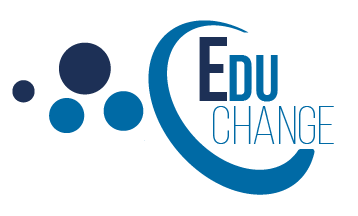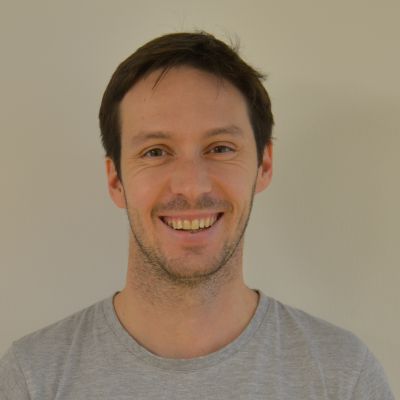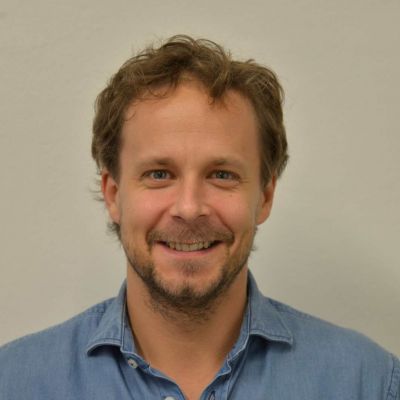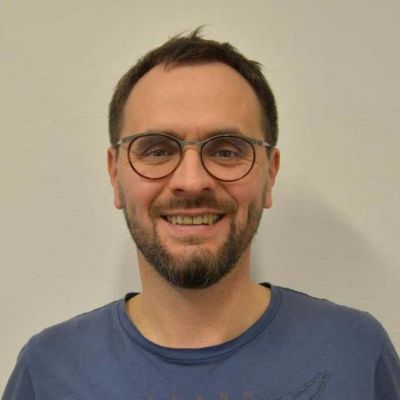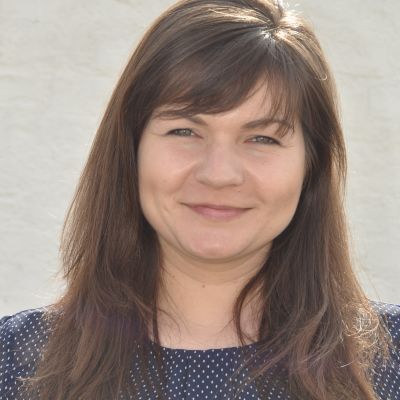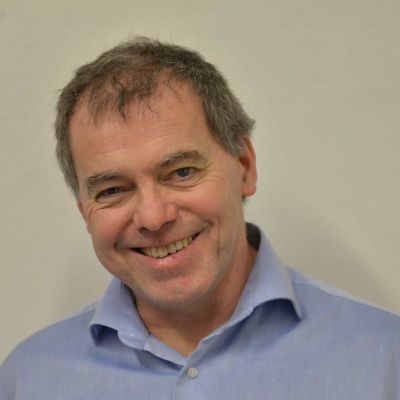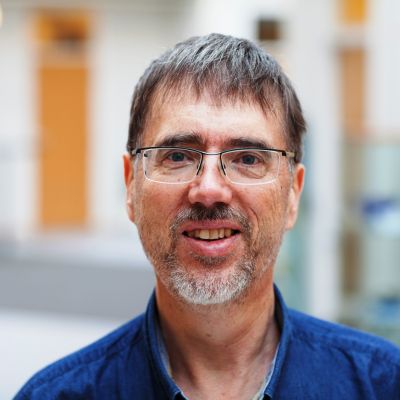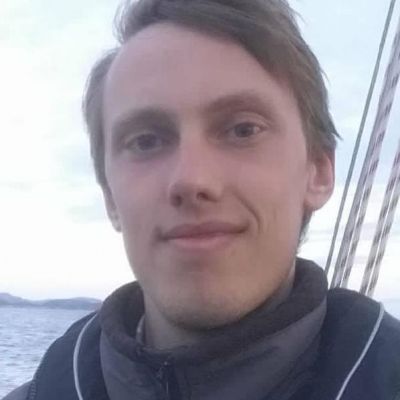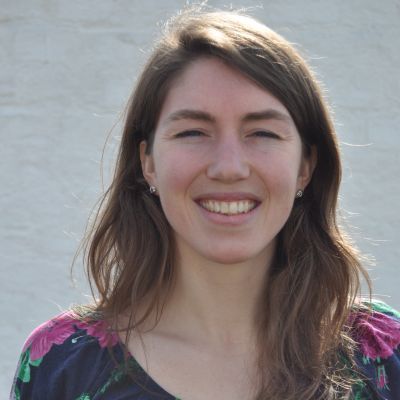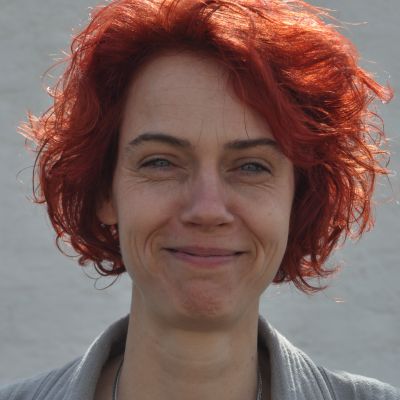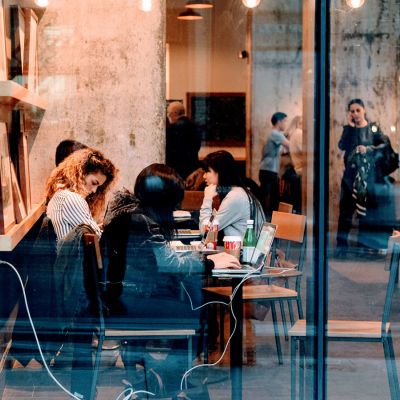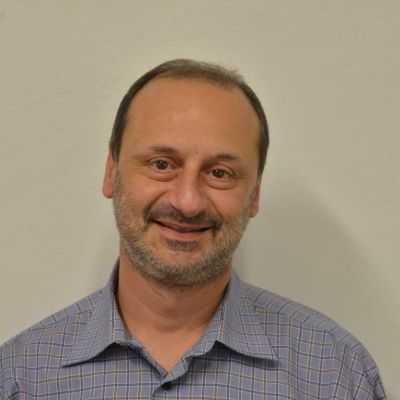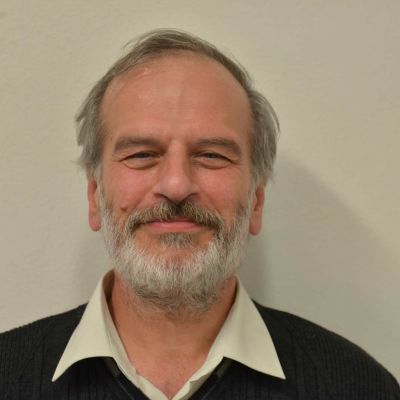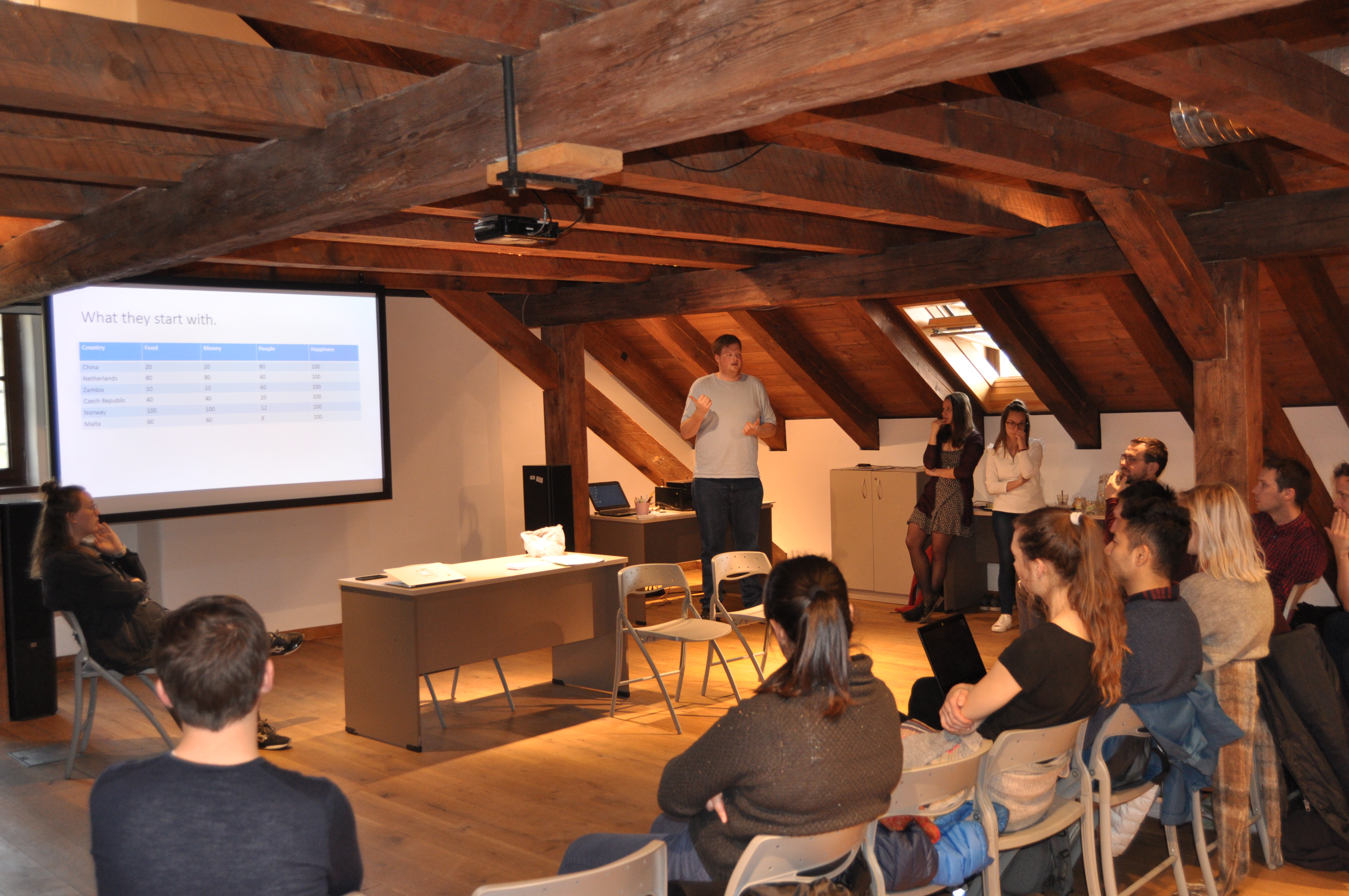Introduction
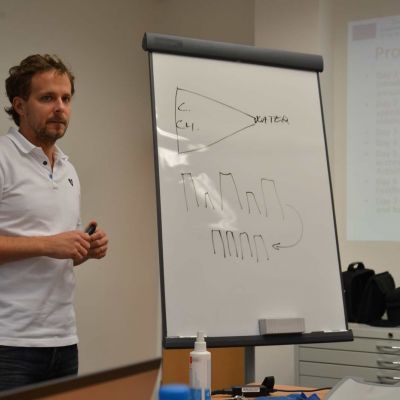
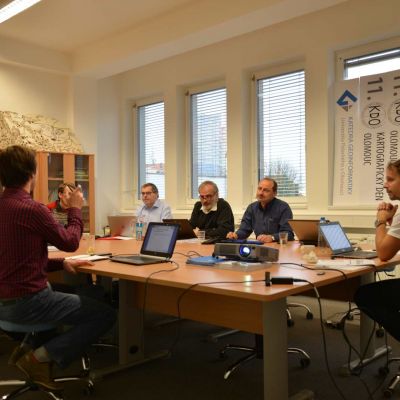
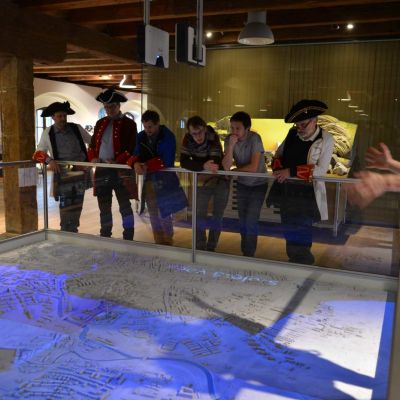
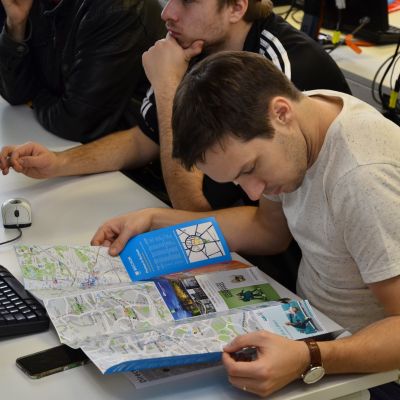
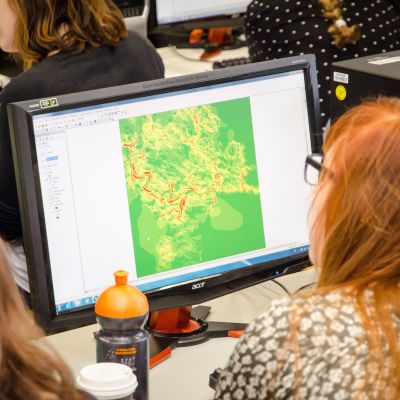
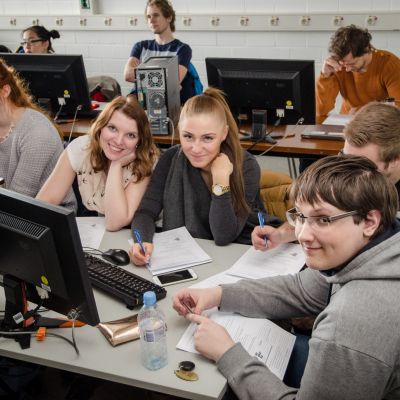
Each year
7+5
1
1
4
24
9
Activities
Field Course
The first activity of every year of the project is a field course, thatwill take place each year at a different location - Olomouc, Malta and Utrecht. The field course is designed to equip students with both theoretical knowledge about climate change as well as practical experience about innovative educational methods.
High School activities
The second part of the year cycle are educational activities aboutclimate change organise by students for local high-school(s). The main aim is to bring both knowledge as well as innovation closer to the younger population and to show them, that climate change is happening also on the local scale.
Science Jam
The last part is a five days long ScienceJam, that will take place every year in Trondheim, Norway, where we all will meet again and share our experience with activities organised in our local high-schools, discuss possibilities of innovative educational and place based learning.
TimeLine 2018
March
May
TimeLine 2019
February-March
May
TimeLine 2020
February-March
May
News
Contact

This work has been funded by the Erasmus+ Programme of the European Union,
project „Making knowledge together - addressing climate change through innovative place
based education and blended learning" (project no. 2017-1-CZ01-KA203-035519).
